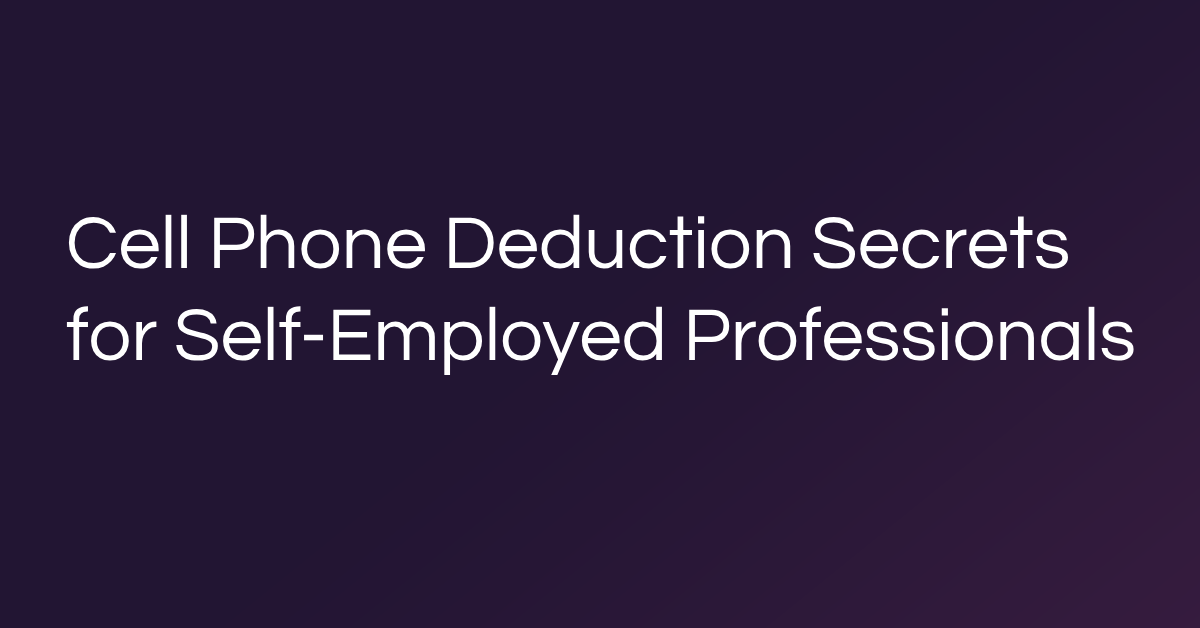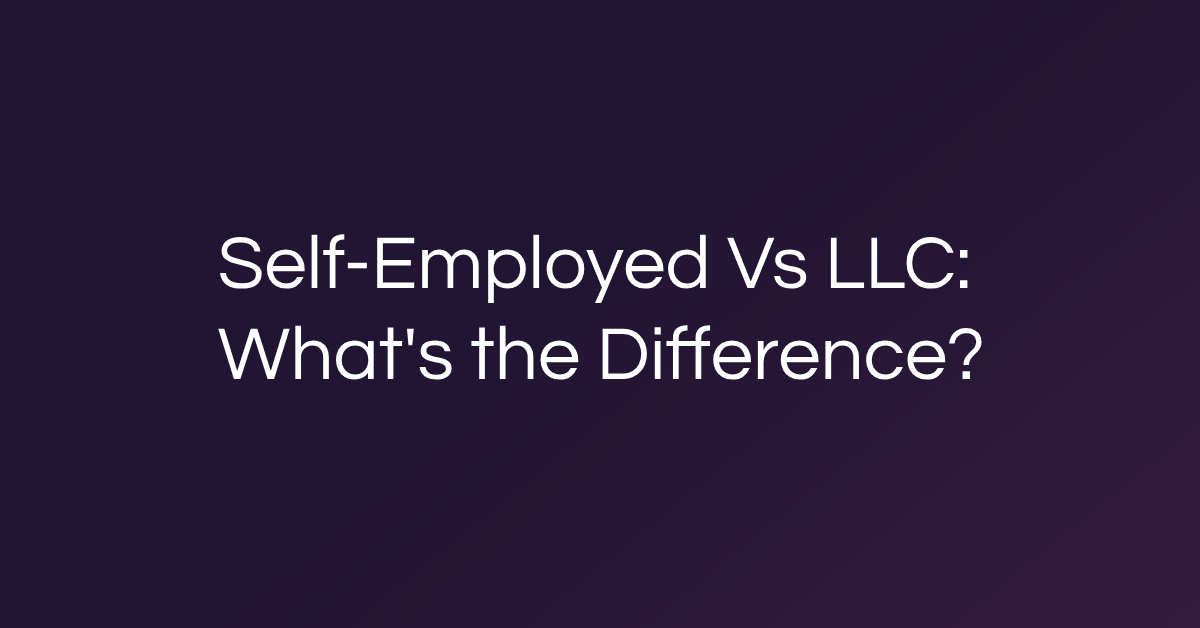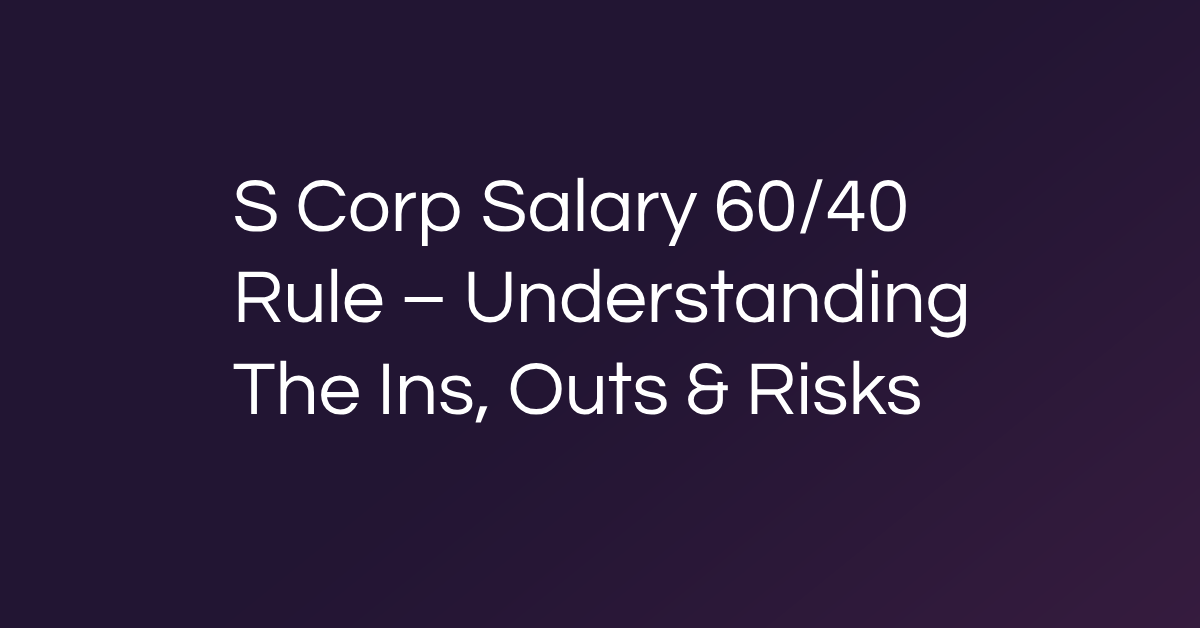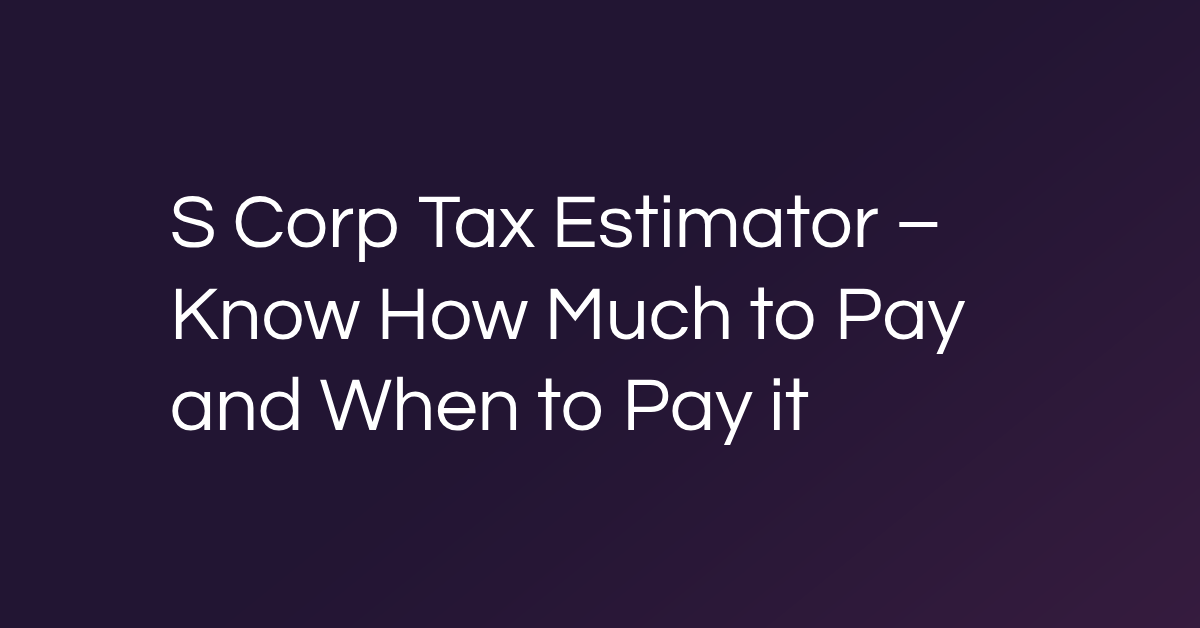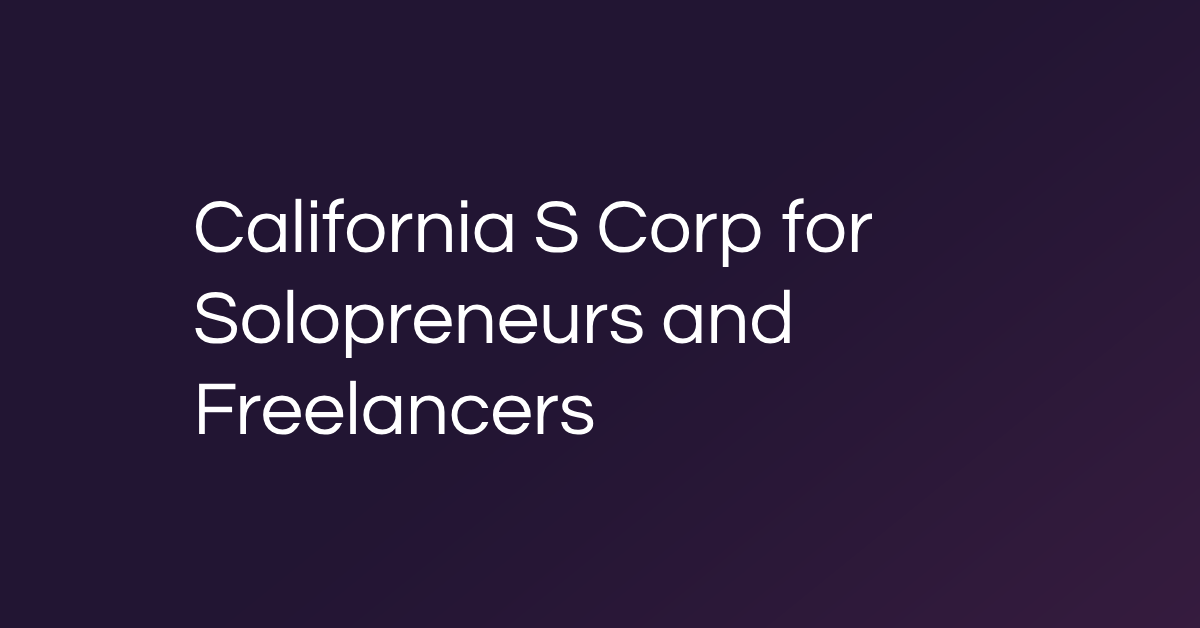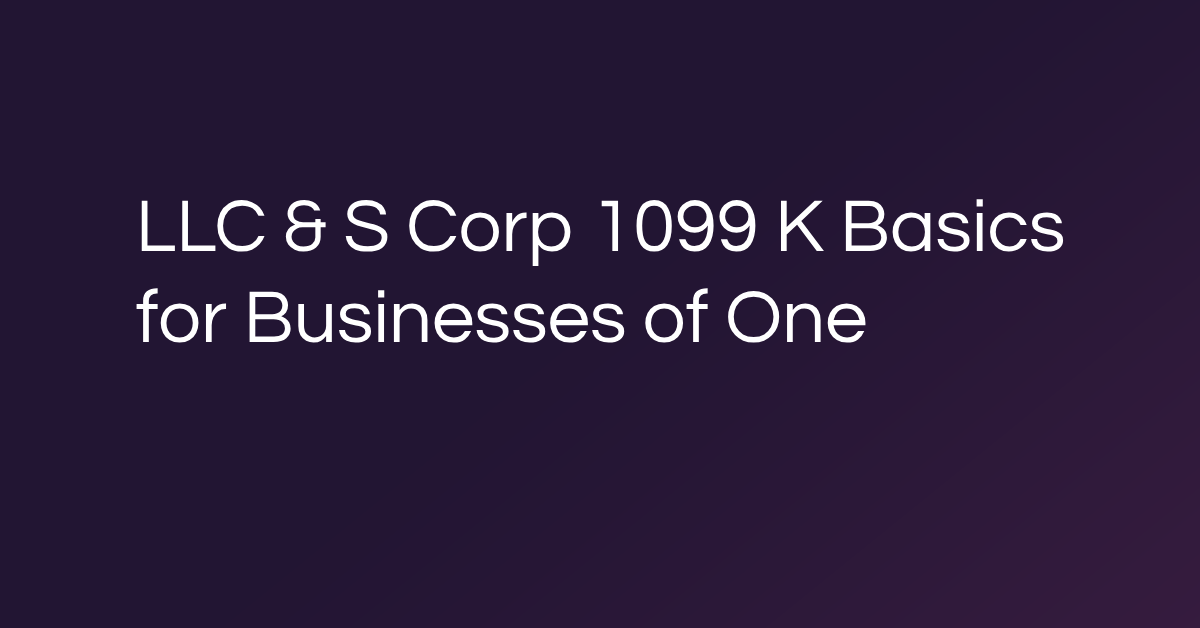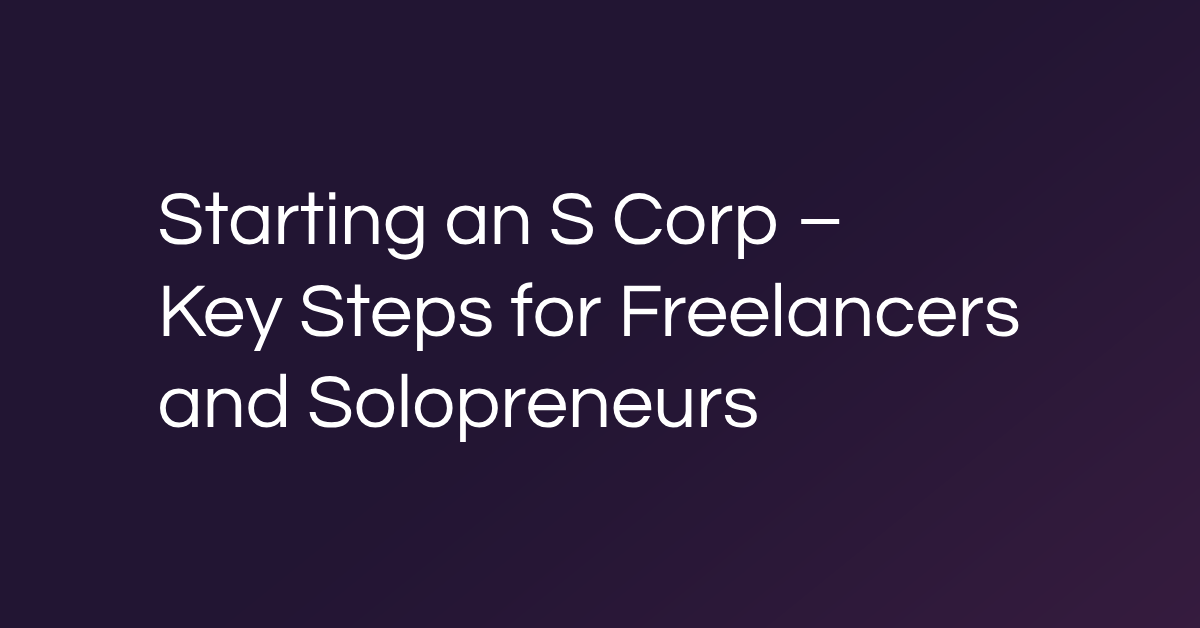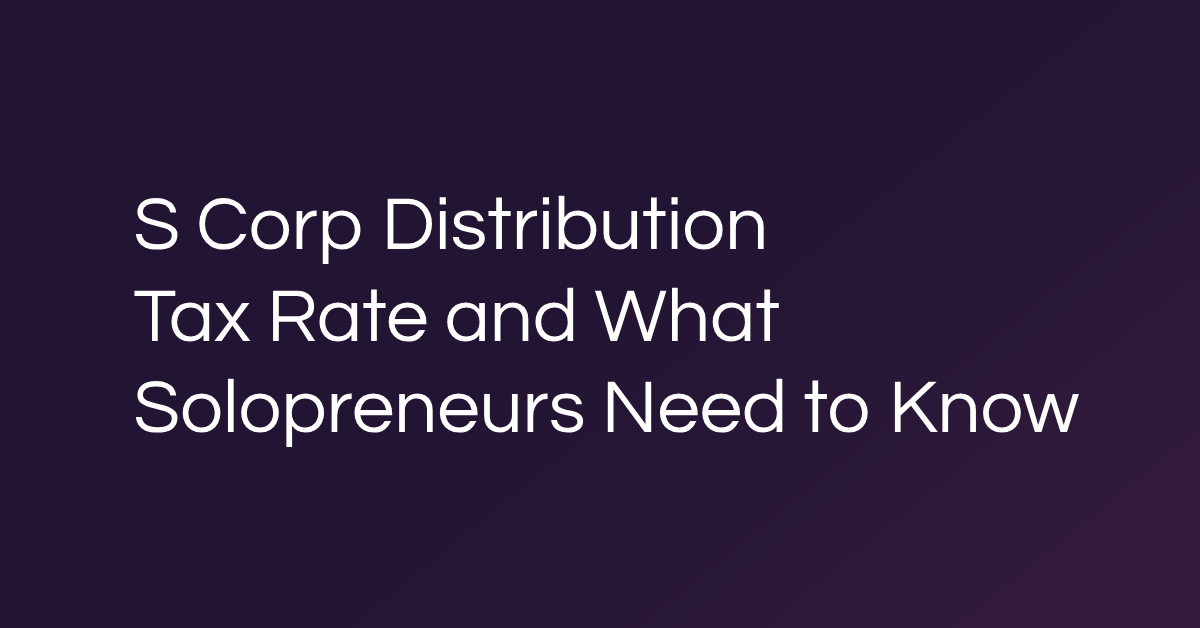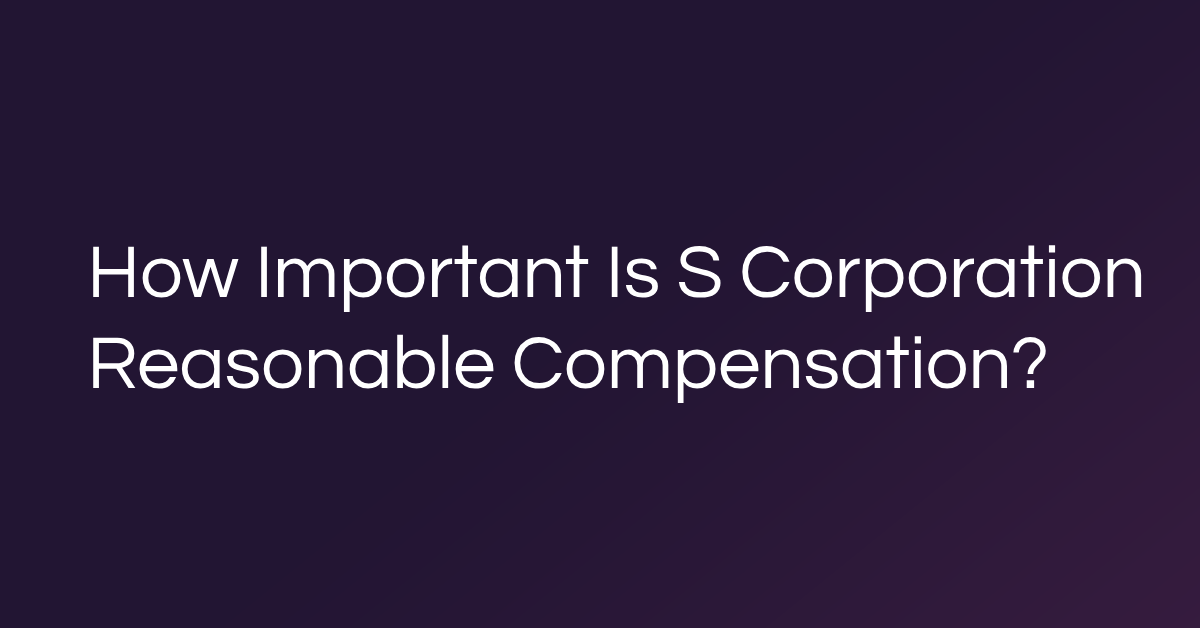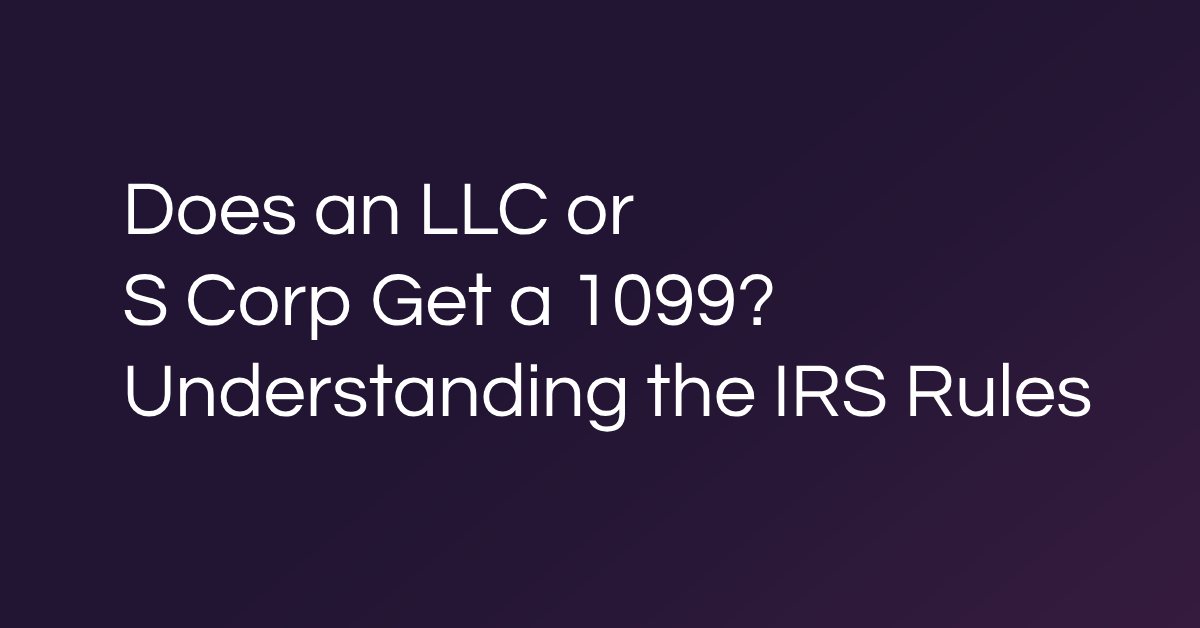If you’re freelancing on the side or exploring full-time independence, your phone is already doing double duty—handling client calls, email, scheduling, and more. But if you’re not deducting a portion of that cost, you’re leaving money on the table.
The cell phone deduction for self-employed individuals offers real savings when tracked and claimed correctly. Whether you’re new to self-employment or formalizing your side hustle, understanding how to document and claim your phone usage can sharpen your tax strategy and help you transition from contractor to business owner with confidence.
What is considered business use of your phone?
Not all phone use is deductible, but much of it is when you’re running a business off one. The IRS allows deductions for expenses that are ordinary and necessary in your trade or profession. If you regularly use your phone for business-related tasks, that usage likely qualifies.
Examples of deductible business phone use include:
- Client calls and Zoom meetings
- Project management or creative apps
- Scheduling tools and calendar integrations
- GPS and mileage tracking for business travel
- Business-related text messaging or emailing
That said, you can’t deduct the cost of your entire phone bill unless you use your device exclusively for work. Most solopreneurs use their phone for personal and professional reasons, so the deduction must reflect the business-use percentage.
If you’re unsure what qualifies, the safest move is to document everything and verify expenses before claiming. Overstating deductions can trigger IRS scrutiny, while underclaiming leaves savings on the table.
Calculating your deduction percentage
When claiming the cell phone deduction for self-employed work, it’s not about how much you use your phone—it’s about how much of that use is for business.
The IRS expects self-employed individuals to calculate the proportion of business use accurately. You can only deduct that percentage of your phone bill and related costs. For example, if you use your phone 60% of the time for work, you can deduct 60% of your eligible expenses.
Here’s an example:
- Phone bill: $120/month
- Business use: 60%
- Deduction: $72/month ($864/year)
Deductible costs may include:
- Your monthly carrier plan
- Equipment payments for the device
- Upgrades, insurance, and service fees
- Business apps or data overages tied to work use
Just make sure your estimate is reasonable, consistent, and backed by records. Random guesses won’t hold up if the IRS ever questions your return. Review your phone usage regularly to confirm your deduction still reflects how you actually use your device.
Documenting and claiming your cell phone deduction
Documentation is the best way to make your cell phone deduction for self-employed work count. The IRS expects clear, detailed records showing how your phone supports your business. That means more than just saving your monthly bill.
Keep a running file that includes:
- Monthly carrier invoices
- The model and cost of your phone
- Start date of business use (if mid-plan)
- Notes about how you use it for work
If you deduct a portion of your bill, include a breakdown of your business vs personal usage and how you calculated that percentage.
Failing to document correctly could mean losing the deduction or triggering a red flag during an audit. But done right, this is one of the easiest recurring deductions you can claim.
Using tracking tools
If you’re managing multiple recurring expenses—like your phone, internet, or mileage—manual spreadsheets aren’t enough. Consider tools that automatically categorize expenses and link to your business bank account.
Look for:
- App integrations with carriers and cloud storage
- Receipt upload and OCR scanning
- Filters for separating personal and business expenses
- Custom tagging for recurring costs
Besolo’s admin tools for tracking expenses make this process seamless, helping solopreneurs keep clean records and reduce audit risk.
Additional tips for maximizing your deductions
Once you’ve documented your cell phone deduction for self-employed use, a few extra habits can help you optimize year-round.
- Audit your usage quarterly: Business use can fluctuate. Set a reminder to recalculate your usage percentage every few months to ensure your deduction reflects reality.
- Bundle with other tech expenses: If your phone is part of a larger tech stack (e.g., hotspot, tablet, or second line), track those costs together.
- Revisit your plan: Sometimes switching carriers or adjusting your plan saves more than the deduction itself, especially if you’re overpaying for unused data or features.
- Don’t forget accessories: Business use extends beyond your device. Bluetooth headsets, chargers, or even phone stands used for GPS and video calls may also qualify.
- Get help when needed: An experienced tax advisor or business support platform can review your records and help you spot missed opportunities. Local advisors often operate through small business development centers, offering personalized support to help you navigate deductions and business planning.
Are you looking for more tips on running your business efficiently? Explore Besolo’s blog for additional resources and innovative strategies built for solopreneurs who are ready to thrive.
Get strategic with your phone deductions
If you’re already using your phone to run your business, there’s no reason you shouldn’t make it work for you at tax time. The cell phone deduction for self-employed professionals is one of the simplest ways to reduce your taxable income—if you track it properly. Whether you’re responding to clients between meetings, mapping out job sites, or juggling schedules with a calendar app, that usage adds up.
But to claim your deduction confidently, you need records to back it up. Document your usage, calculate your business-use percentage, and use a smart system to keep everything organized. Over time, recurring deductions like your phone bill can lead to substantial savings, especially when paired with other write-offs like home office use, mileage, or equipment expenses.
Besolo’s Self-Employment OS helps you automate those tasks. We offer tax tools for solopreneurs, admin features for recurring expense tracking, and even support for setting up the proper business structure. If you’re thinking about forming an S corp, our platform makes it simple, with automation built in from day one.

